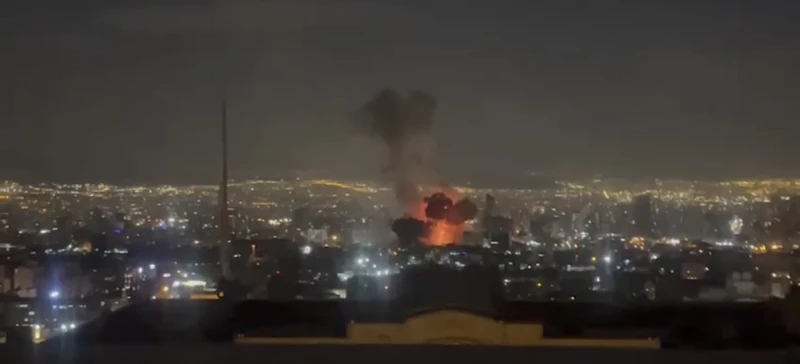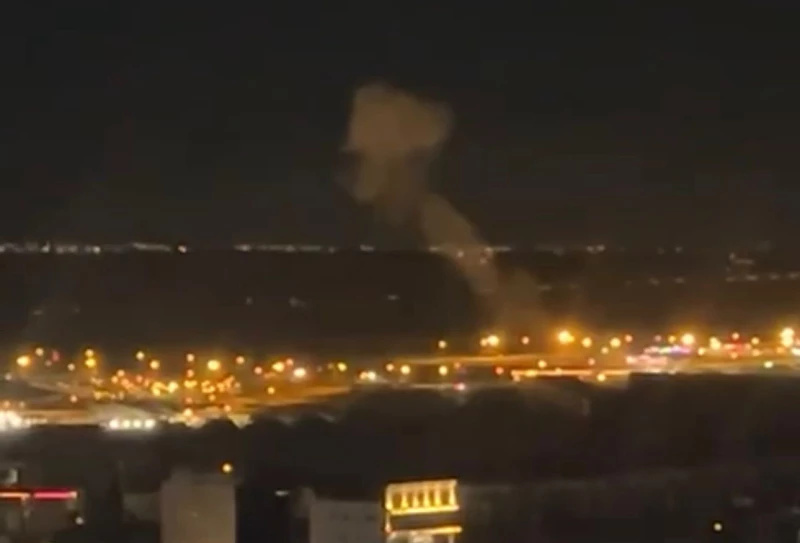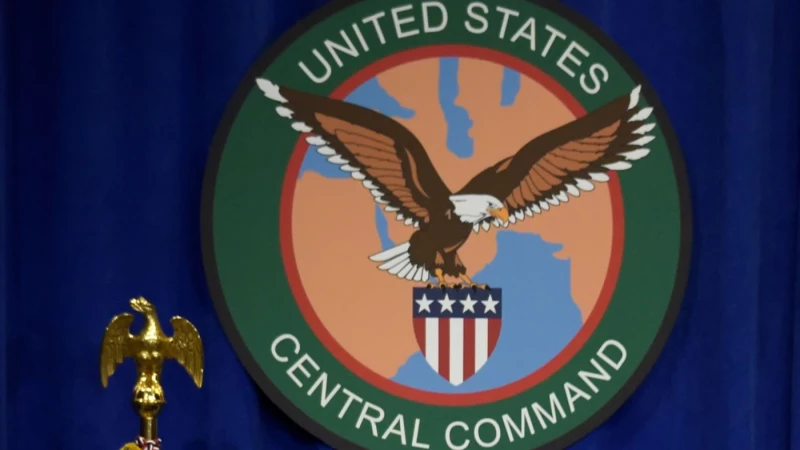ERBIL, Kurdistan Region of Iraq - When the US Secretary of State called Iraq’s Prime Minister on Tuesday expressing Washington’s “serious” concern with attempts to pass a controversial bill relating the Popular Mobilization Forces (PMF), the Iraqi premier had already received an extensive and strong-worded nine-point letter from Washington earlier in the week, laying out Washington’s concerns and issuing an ultimatum, sources told The New Region.
One of the messages delivered by US Secretary of State Marco Rubio to Iraqi Prime Minister Mohammed Shia’ al-Sudani during their Tuesday phone call was Washington’s “serious” concerns with attempts to pass the controversial Service and Retirement Law for the PMF.
Rubio at the time told Sudani that “any such legislation would institutionalize Iranian influence and armed terrorist groups undermining Iraq’s sovereignty.”
The bill, if passed by the parliament, aims to organize the Popular Mobilization Commission (PMC) similarly to other state security and military agencies, giving them retirement rights and pensions like other members of the Iraqi security apparatus.
Rubio’s call was not the first time Washington had directly expressed such concerns to the Iraqi government, according to a well-informed Iraqi source.
The source told The New Region that an official letter from Washington was delivered to Sudani earlier in the week. The letter reportedly spelled out the reasons behind Washington’s concern, while also giving the Sudani a blatant ultimatum to act.
The New Region has been able to obtain access to the contents of the purported letter.
“We strongly urge you and other Iraqi government officials to withdraw or prevent the passage of the PMC bill,” read one of the points in the letter.
US Congress members have launched several initiatives in recent months to curb Iranian influence on Iraq, calling for the cessation of all security assistance to Iraq and imposition of terrorist designations on several armed factions who are part of the Iraqi state security apparatus due to their affiliation with Iran, including the PMF.
“Failure to act undermines decades of US support for and investment in Iraq’s regular armed forces and security institutions and will lead to a reduction or elimination of US security assistance and cooperation and will change the trajectory of the US-Iraq relationship,” it added.
The PMF, or Hashd al-Shaabi, was formed upon a call by Iraq’s top Shiite authority Ayatollah Ali al-Sistani soon after the Islamic State (ISIS) took over large swathes of territory in Iraq. The force has been officially incorporated into the Iraqi armed forces, enjoying similar privileges as the Iraqi army.
The group is widely regarded as having close ties with Iran, a long-standing adversary of the US in the Middle East. Groups affiliated with the PMF have time and again been accused of targeting US interests inside Iraq, especially after the US assassination of Islamic Revolutionary Guard Corps (IRGC) commander Qasem Soleimani in January 2020 in Baghdad.
The legislation, first proposed in 2014, remains one of Iraq’s most politically sensitive issues, but has strong backing from Iraq’s government-forming Shiite forces, many of whom share close ties with Iran or even have beneficiaries in the lines of the PMF.
“The PMC bill is inconsistent with US policy and will trigger the United States to conduct a policy and security assistance review and result in economic sanctions,” the US letter to Sudani read.
The US outlined for the Iraqi premier their designation of PMC chairman Falih al-Fayyadh, PMF chief of staff Abu Fadak, leader of the PMF-affiliated Babylon Brigades Rayan Kildani, and Shabak Brigade leader Waad Qado, as well as several “Iranian-backed militias,” including Kataib Hezbollah, Asaib Ahl al-Haq (AAH), Harakat Hezbollah al-Nujaba, Kataib Sayyid al-Shuhada, Harakat Ansar Allah al-Awfiya (HAAA), and Kataib al-Imam Ali (KIA).
“We cannot support a government that finances and elevates such individuals and units,” stressed the letter from Washington.
The Iraqi government has not publicly commented on the US letter, however, during his phone call with Rubio, Sudani defended the contentious bill, saying it falls within the framework of Baghdad’s security reform process, and noted that the PMF is “an official Iraqi military institution operating under the authority of the Commander-in-Chief of the Armed Forces.”
An Iraqi government official on Thursday denied the reports that Baghdad had received such a letter, affirming that “our dialogue with partners — including the United States — continues within the framework of a strategic partnership.”
“Occasionally, concerns are raised by certain parties within the US administration, particularly regarding the possibility of individuals affiliated with armed factions benefiting from the Popular Mobilization Commission (PMC) law. We understand these concerns and engage with them through transparency and mutual respect that define our international relationships,” the official told The New Region.
“In this regard, we reiterate our clear stance: Iraq is a sovereign state, and all decisions related to its legal and security structure are made according to its national priorities and constitutional framework,” the official added, noting that Iraq does not require external support for the PMC, and has made no such request to any partner country.
“The government has already embarked on a genuine reform process across all security institutions, starting with the Intelligence Service and the National Security Agency. Naturally, the Popular Mobilization Commission, as part of Iraq’s official security apparatus, should also operate within a legal framework — and this is currently being developed,” they concluded.
Hours after the phone call, the Sadiqoun parliamentary bloc, the political wing of Iran-aligned Asaib Ahl al-Haq, led by Qais al-Khazali –one of the main backers of Sudani’s election as prime minister—, called on the Iraqi parliament's presidency to include the bill in the parliament’s agenda for “immediate voting.”
“Any delay in passing the law is a denial of the sacrifices of the mujahideen who protected Iraq from terrorism,” said the bloc, demanding that an emergency parliamentary session be held to vote on the bill “without delay.”
However, to the US, the PMF is an active threat to its interests in Iraq, especially as Washington has over the past few months tightened its grip on Iran, to which it sees as a sponsor of the PMF.
In March, US President Donald Trump addressed a letter to Iranian Supreme Leader Ayatollah Ali Khamenei, pressing Tehran for talks over the nuclear issue. The letter reportedly also included a direct request to dissolve armed groups in Iraq, specifically the PMF.
The US letter to Sudani went as far as threatening sanctions on Iraq’s oil sector.
“As you saw in the recent designation of Salim Ahmed Said, we are aware of smuggling schemes that generate funds for designated groups. We will continue to target these networks, including investigating government officials who enable them,” the US said. “You do not want to expose Iraq’s oil sector to sanctions.”
The US Treasury Department earlier this month imposed sanctions on Iraqi-British businessman Salim Ahmed Said, known as “Omid.” He was accused of running an oil-smuggling network for Iran’s IRGC, using forged documents and through direct investment in Berth 41 of Khor al-Zubair Port in Basra province.
Baghdad, despite its close ties with Iran, has also enjoyed a key partnership with Washington, who have thousands of personnel stationed across multiple sectors in Iraq, particularly in the fields of security and energy.
Earlier this year, a White House memo emphasized stricter measures against Iran, which has fueled calls within the US political establishment to sever financial support for Iraqi entities suspected of transferring funds to Iran and impose sanctions on key institutions. Iraqi state-owned Rafidain Bank was at the time singled out due to allegations that it enables money transfers to Iran and Iran-backed armed groups.
In February, Trump signed a national security presidential memorandum, restoring his maximum pressure policy on Iran and detailing a series of new economic measures against the Islamic republic. The memo directed US agencies to strengthen financial restrictions by maintaining countermeasures within the Financial Action Task Force (FATF), tightening regulations on revenue channels, and increasing compliance requirements for financial institutions dealing with Iran.
The document explicitly called for preventing Iran from using Iraq’s financial system to evade or circumvent US sanctions. It also directed US authorities to ensure that Gulf nations are not used as transshipment points for sanction evasion, signaling a broader crackdown on illicit financial flows in the region.
Months later and in June, in a bid to save the state-owned bank from sanctions, the PMF said that their beneficiaries would start receiving their salaries from an alternative bank to Rafidain.
A PMF commander at the time told The New Region that the US Treasury was directly responsible for the delay in PMF salaries, adding that the Treasury had informed the company managing PMF salaries that it must either withdraw from the process or face sanctions.
A State Department spokesperson later told The New Region that "We do not discuss private diplomatic conversations or correspondance."
Updated at 20:04 with Iraqi government official's comments
Updated at 18:23 on Friday with US State Department response

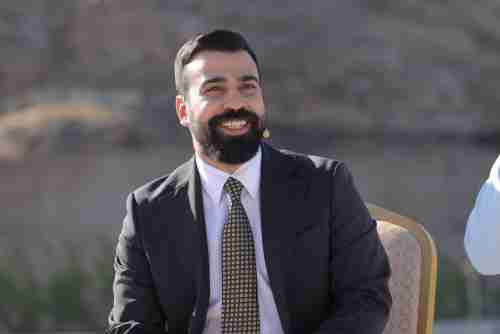
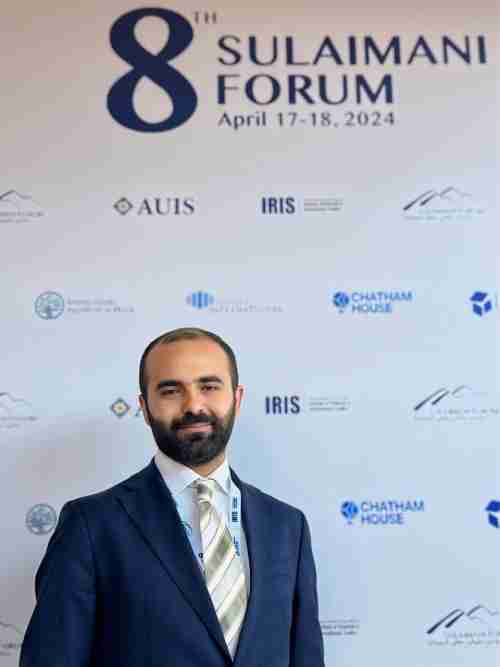
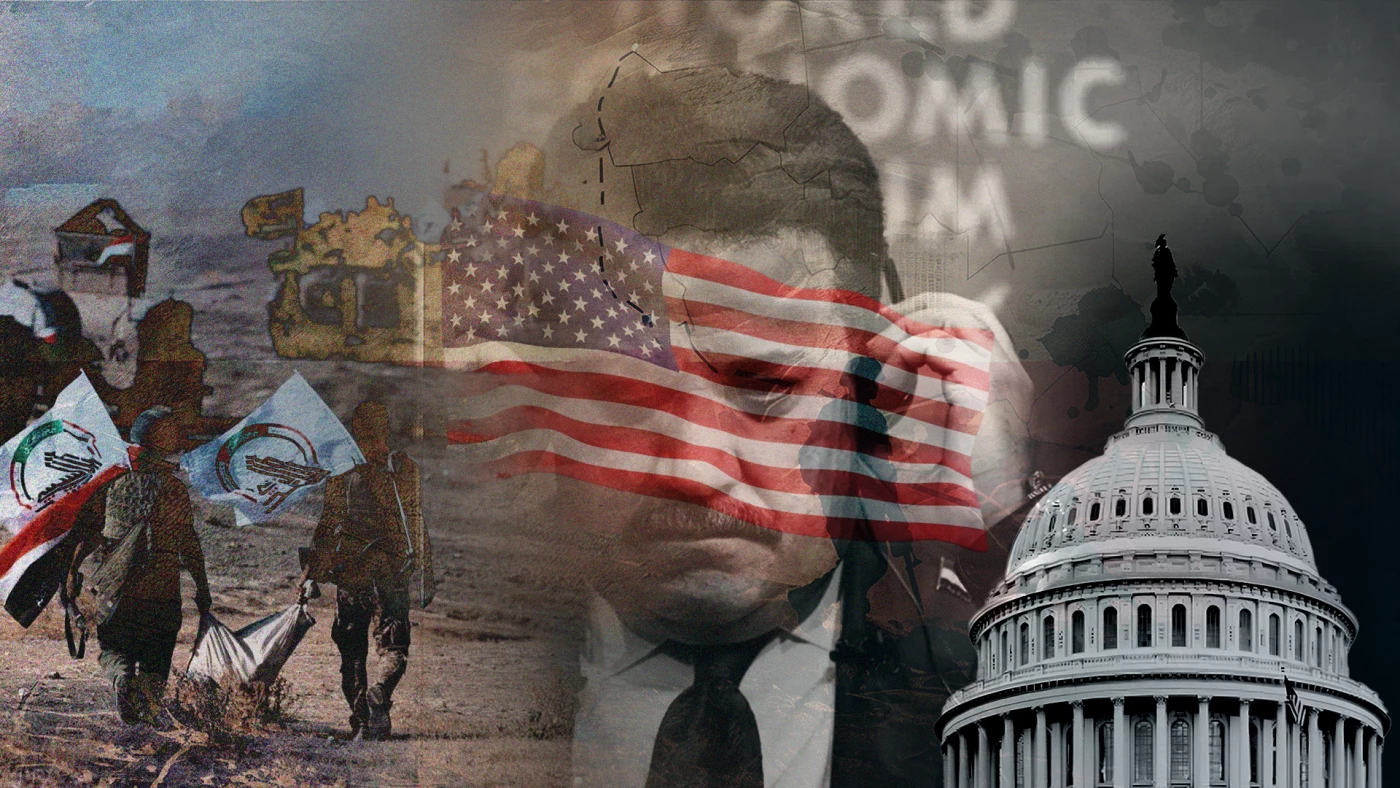
 Facebook
Facebook
 LinkedIn
LinkedIn
 Telegram
Telegram
 X
X
